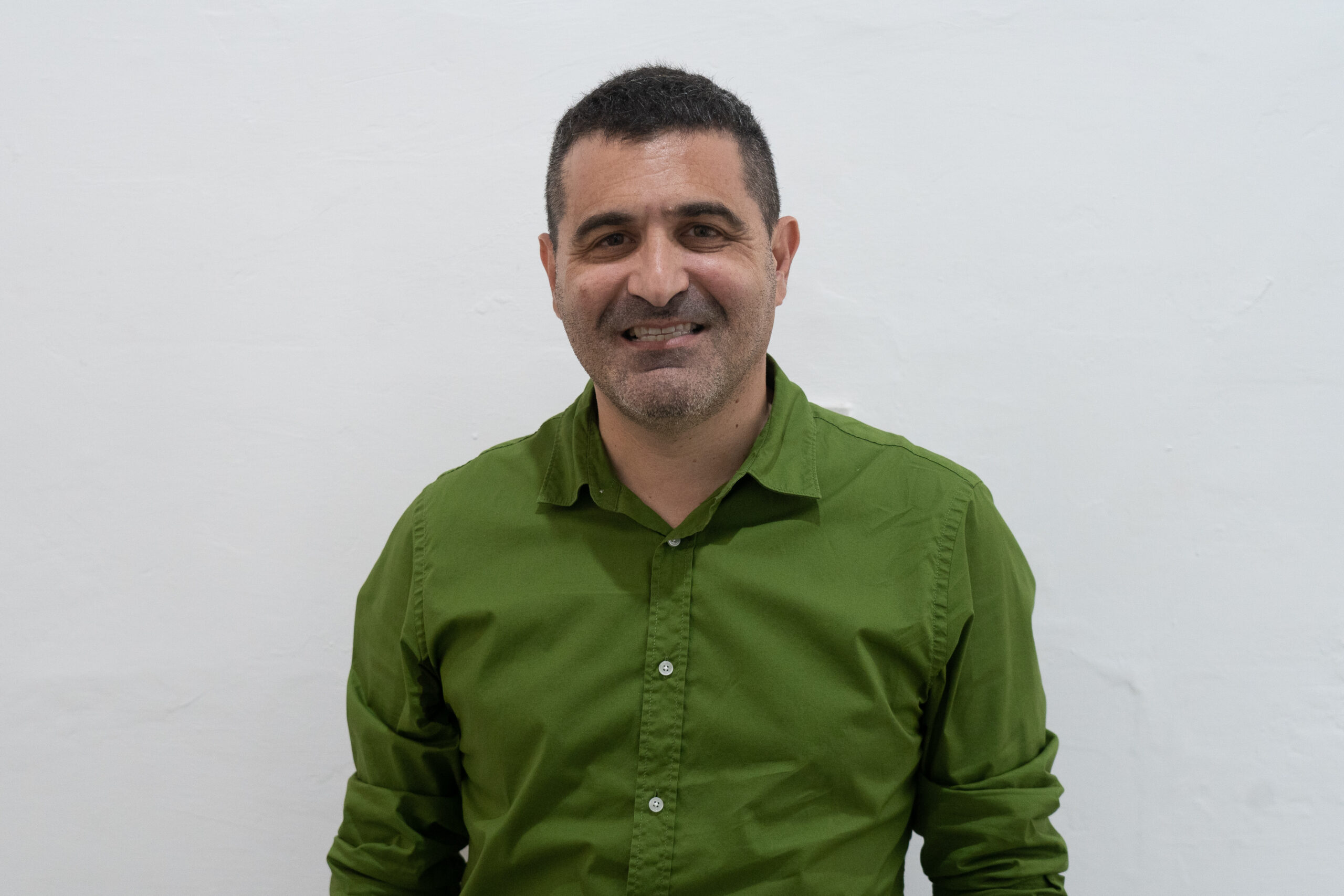Lately, quite a few articles, news reports and editorials on the subject of education have been published in this newspaper. All focus on education as preparation for work, to serve the economy. In so doing, these contributions ignore the interests of students, indeed, of children and their well-being.
They want them to fit their square holes when, if anything, the holes themselves are changing all the time. This approach may see us prepare students for a future and, indeed, for jobs which are diametrically different from the ones we know of today. This useless, eternal chase risks alienating us from other fundamental purposes of education which help individuals lead fuller lives as they contribute to their communities.
In seeking to satisfy the mantra of competitiveness, we miss the wood for the trees. Should the economy serve us or should we produce people who serve the economy? Should we be so hooked to the current economic paradigm that we train people to fit into it? Or should we attempt to have educated people actively shape the economy they serve within?
The main difficulty with ‘education for the economy’ reasoning is that it presupposes that what we understand as the economy is an absolute; the proverbial tablet on the mount we should seek to uphold. The same goes for other benchmarks in education, most of which are dictated by economic imperatives.
The issue of pass rates in SEC mathematics is one such example. A deep-rooted assumption, made time and again, is that mathematics in secondary school should prepare students for a further and higher level study of mathematics. That we should keep a curriculum which seems to assume that all students would like to continue to further their studies in the subject, useful and interesting (for some) as it is.
If 50 per cent are not passing SEC mathematics, maybe, just maybe, the problem is with the syllabus. The syllabus possibly works for 50 per cent of students but obviously does not engage the remaining 50 per cent.
The ‘applied’ mathematics SEAC (why they had to label it as ‘different’ by adding an ‘A’ to SEC is indeed indicative of ingrained attitudes), was ditched by the MATSEC board. Just maybe that 50 per cent failing the University-of-Malta-controlled SEC would have flourished and gained a solid foundation of the mathematical knowledge that most of us need in our every day lives. Just maybe that student excelling in Maltese and history can at least feel accomplished in numeracy.
Yet, we keep insisting that the curriculum we provide is an absolute; a taken-for-granted sine qua non. By all means, provide different, more ‘specialised’ mathematics, Maltese, English and science for those who want to go deeper into the subjects even at secondary level. Although ‘specialisation’ should be anathema at such a young age.
The failure rates in the Matriculation certificate examinations are scandalous– Ralph Cassar
The same goes with other subjects. There is this attitude, pushed by some academics at the University of Malta, which, unfortunately, controls SEC, that their subject is the most important in the whole world and that students should be prepared to study it at higher levels by the age of 15. These people resist, for example, a general science SEC because, presumably, it will not prepare students for further study in the individual subjects.
Then, we have the usual push about ‘creative thinking’ albeit assuming that ‘creative thinking’ can be some standalone subject or skill. As if creative thinking can ever be taught in a vacuum. Thinking creatively comes, for example, from having Maltese lessons based on students being allowed to create things, from poems to video clips, to writing a script and acting it out.
The same applies to English and other languages. The intricacies of grammar and sonnets can be left for post-16 education. If need be, post-secondary level 4 courses could be extended by a couple of months, rather than the rushed two-year courses.
The failure rates in the Matriculation certificate examinations are also scandalous, indicating that the courses are not fit for purpose. There is an attitude of ‘stuffing’ students with as much content as possible, purportedly in preparation for university.
What if the structure of university courses is changed rather than blaming schools for not ‘stuffing’ students enough? Or are we all too comfortable and set in our ways?
The issue in Malta is that our subservient colonial mindset is still going strong.
Most still see anything British as some kind of ‘gold standard’. Incidentally, the failure rates in the core subjects (English and mathematics) at GCSE in England are also around the 50 per cent mark. On continental Europe, secondary school takes you to ‘matriculation’ at 18 years of age. Malta still emulates the ‘mother country’, copying its textbooks, syllabi, curricula and attitudes, lock stock and barrel.
Stop trying to force students into studying ‘for the economy’, let them pursue their interests, open different paths, enable students to change their paths.
Stop penning them in like sheep. Let education do the job of education.
Ralph Cassar is ADPD secretary general, a local councillor and holds a doctorate in education from the University of Glasgow.
(First published in Times of Malta, 17 November, 2024)


Leave a Reply